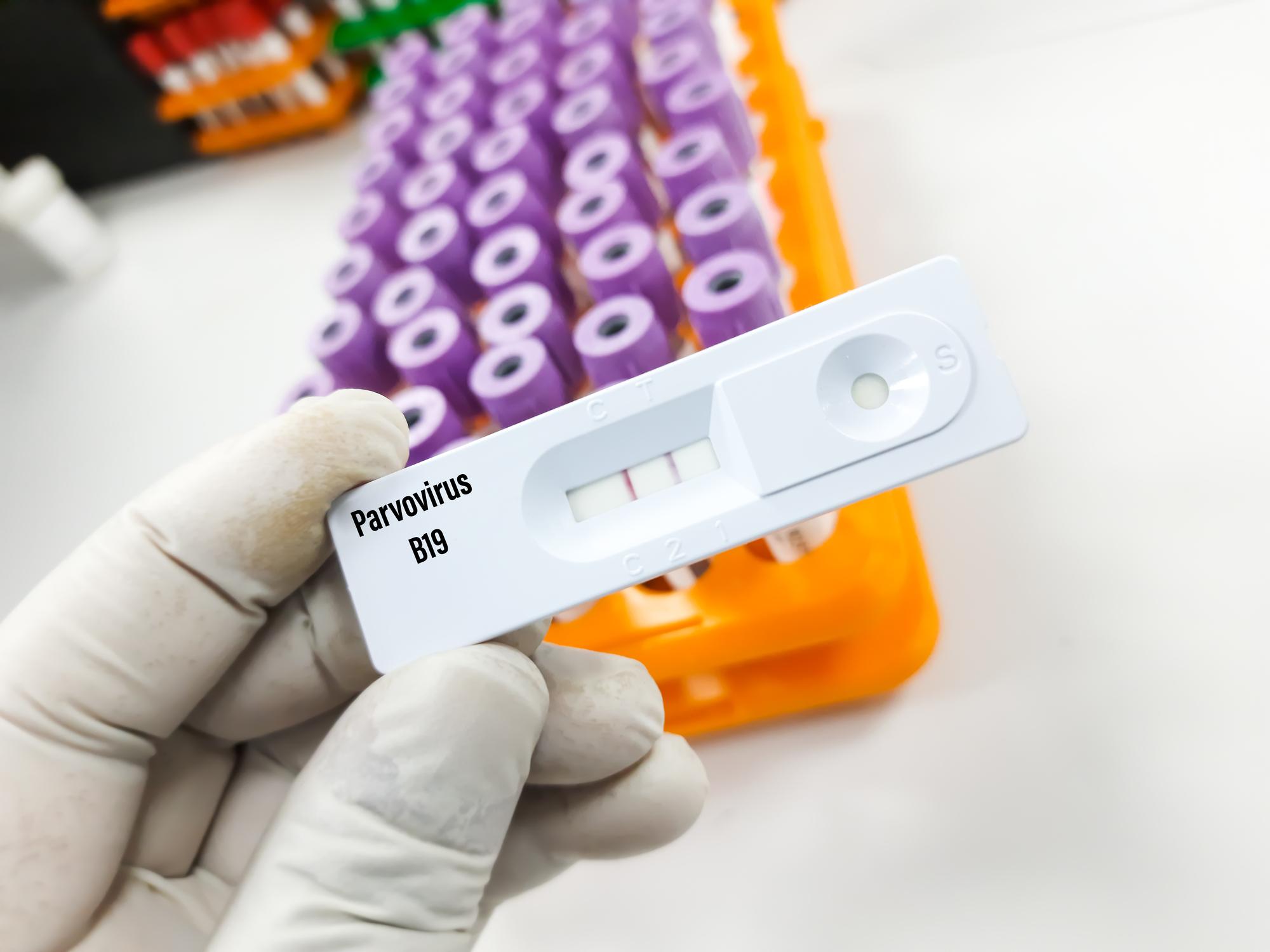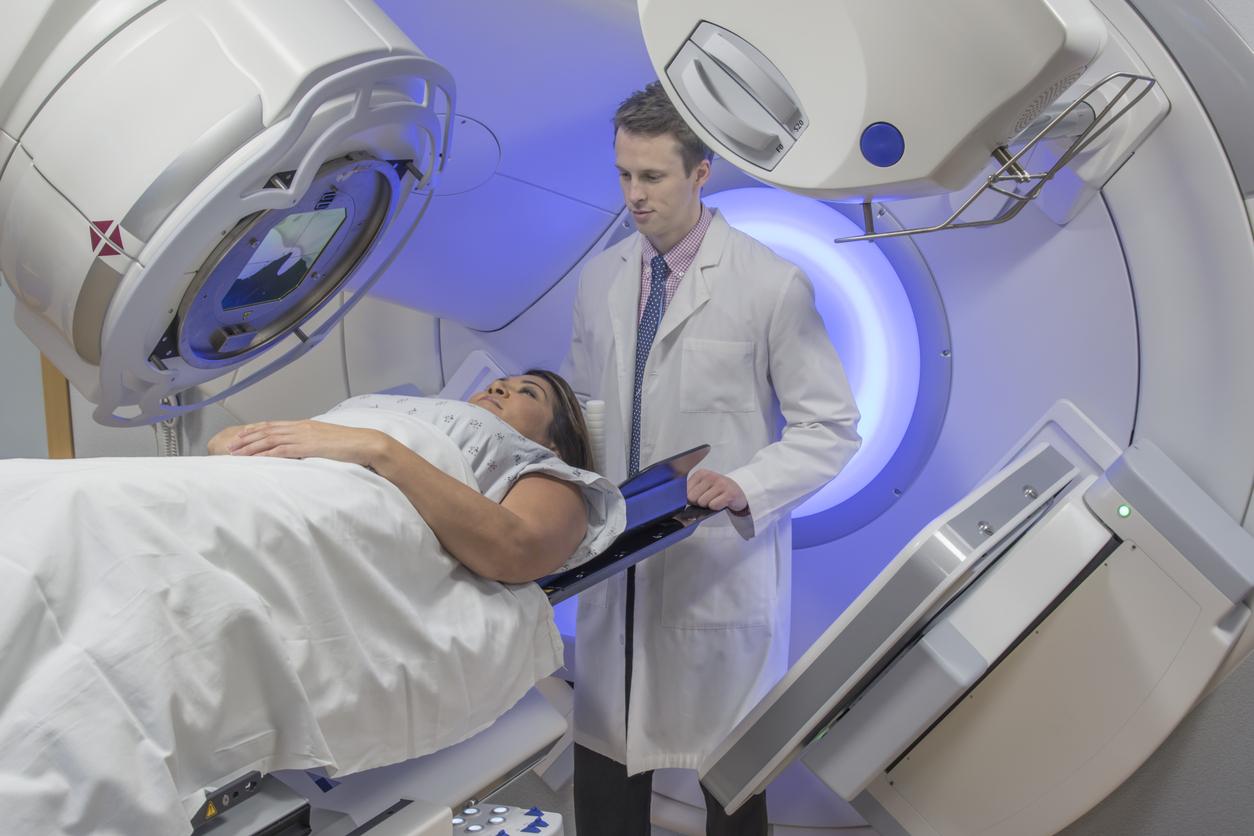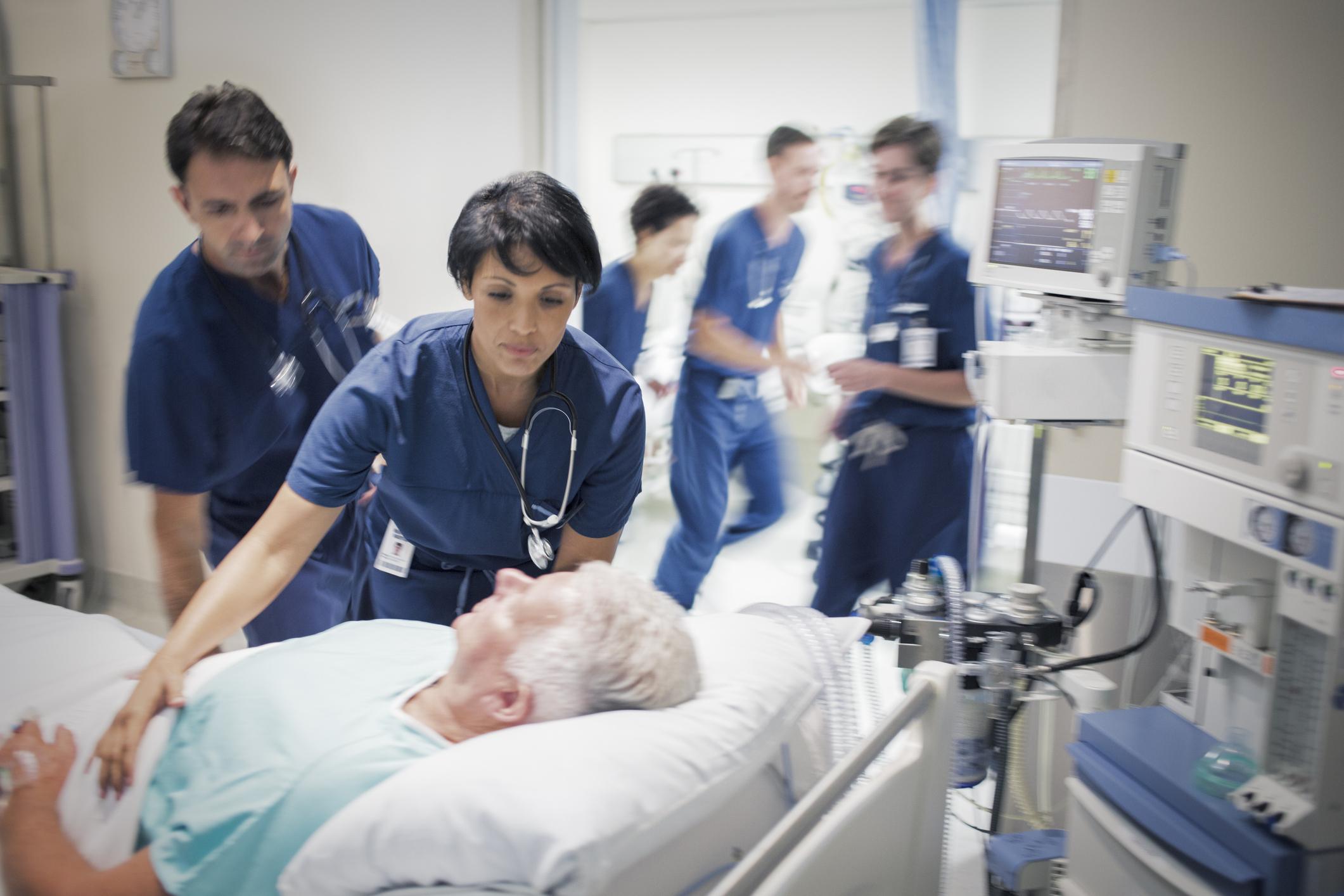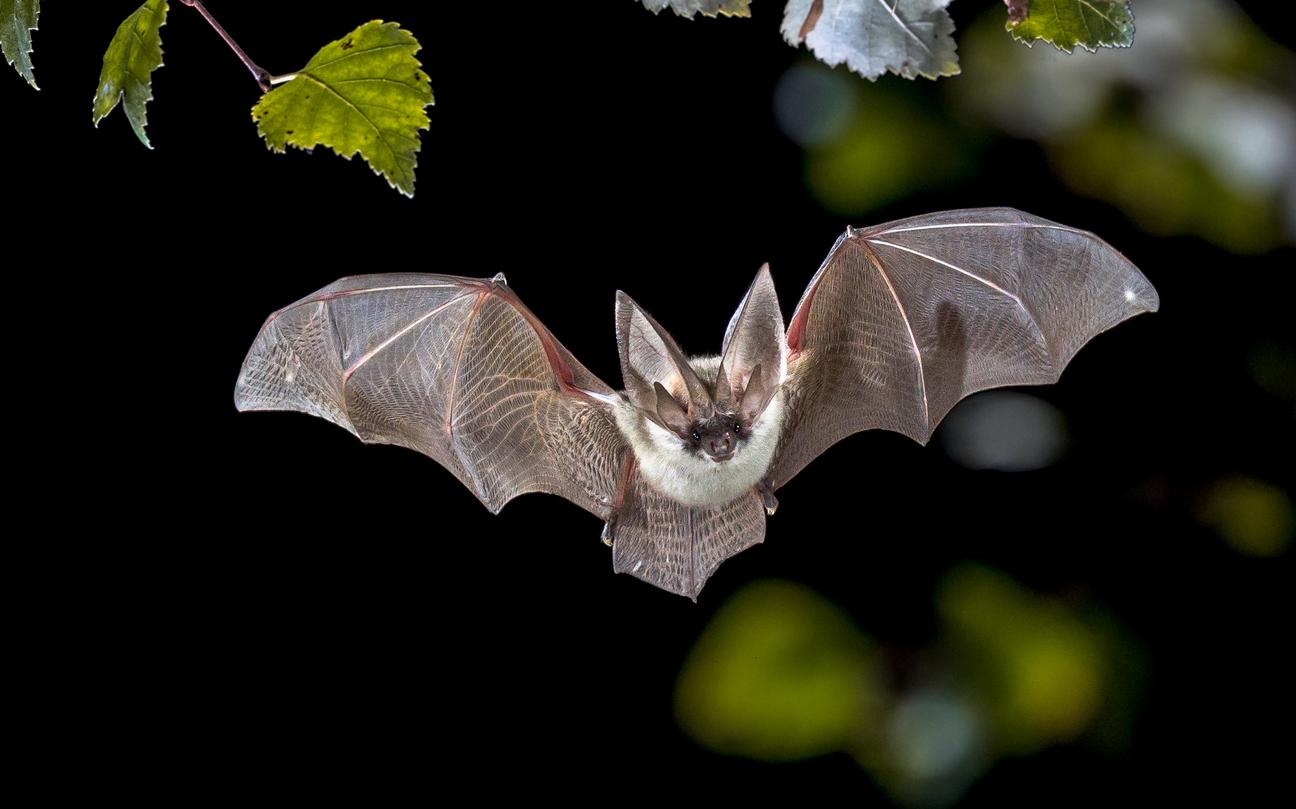A globally recognized expert
Undoubtedly one of the world experts in radiobiology, Professor Maurice Tubiana has enabled the development of the use of radioactive isotopes in biology and medicine. He is the precursor of modern radiotherapy and radiation protection in France and in Europe. Her research has formed a scientific basis for breast cancer screening, adjuvant therapy (treatment given in addition to the main treatment to help reduce the risk of disease recurrence), the use of radioactive isotopes in the treatment of breast cancer. thyroid cancer.
In 1952, he entered the Institut Gustave-Roussy, as professor of medical physics. He will become head of the isotopes and betatron laboratory. In 1959, he was appointed head of the radiation department of the Institute, of which he was then responsible, from 1982 to 1988. He held the post of director of the Institute for clinical radiobiology research at Inserm from 1966 to 1982.
Expert consultant to the WHO then to the International Atomic Energy Agency, he contributed to the creation in 1964 of the International Center for Research on Cancer (Circ), based in Lyon, the city of his studies.
A fighter’s life
In 1943, Maurice Tubiana was a student at the medical school. He interrupts his internship to join the resistance in the Free French Forces. Once the war was over and he chose another fight, he explained, “cancer”.
Doctor of medicine in 1945, doctor of physics in 1947, he left for the United States where he studied biophysics with John D. Lawrence in Berkeley.
“My whole career has been conditioned by these 18 months spent in the United States. It was a school of humility for the young intern that I was. Until then, I had not understood what medicine was based on modern biology and the alliance of scientific rigor and clinical intuition“, recalls AFP. This double training of scientist and doctor marked out the professional course of professor Taubiana and directed all his career.
Maurice Tubiana has been honored with the highest international award in the field of radiobiology (the Gray Medal). He was also Grand Cross of the Legion of Honor, Croix de Guerre 39-45 and medalist of the Evadés. An official tribute will be paid Friday during a military ceremony at the Invalides to this former resistance fighter, who became both a physicist and doctor after World War II.


















